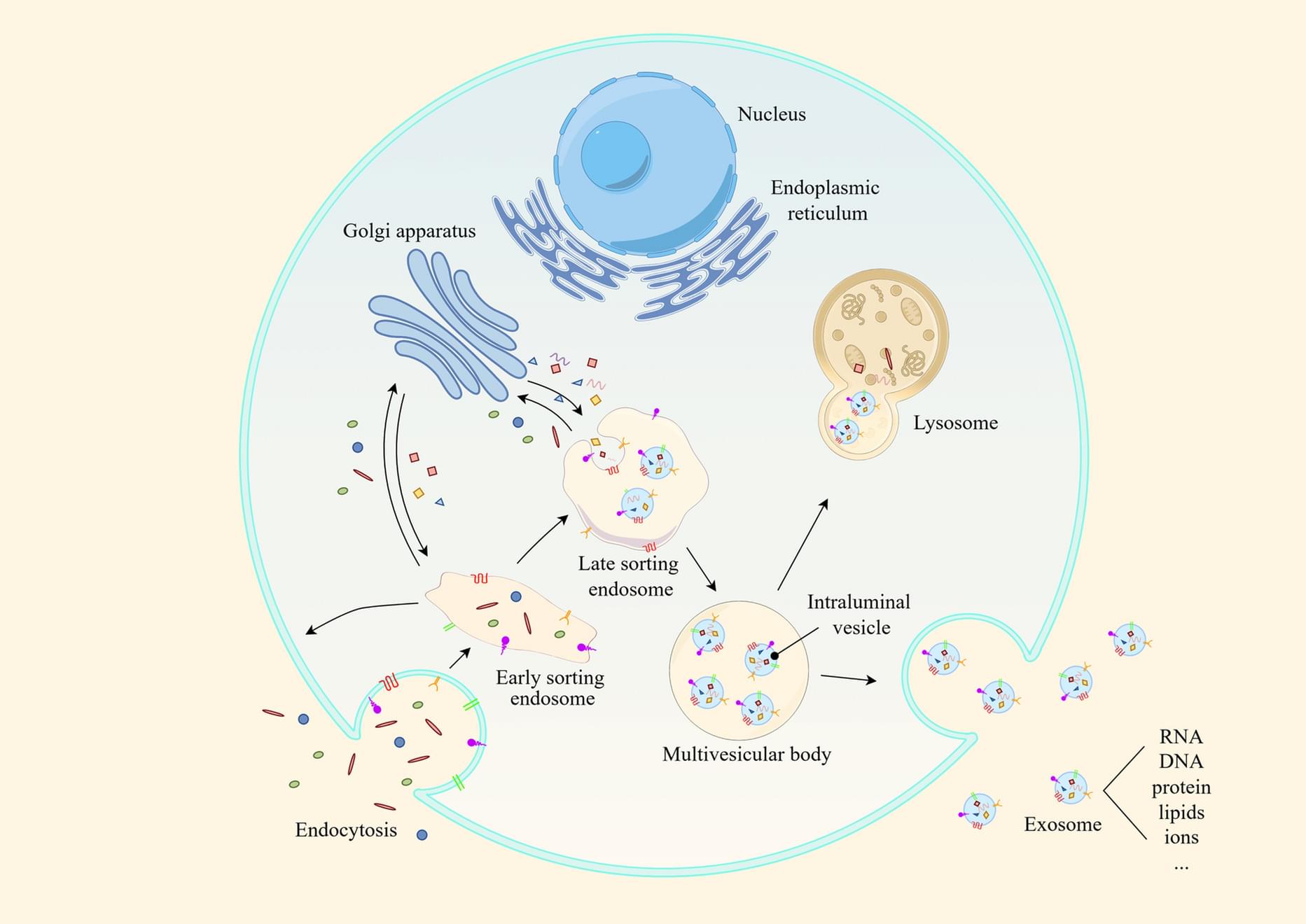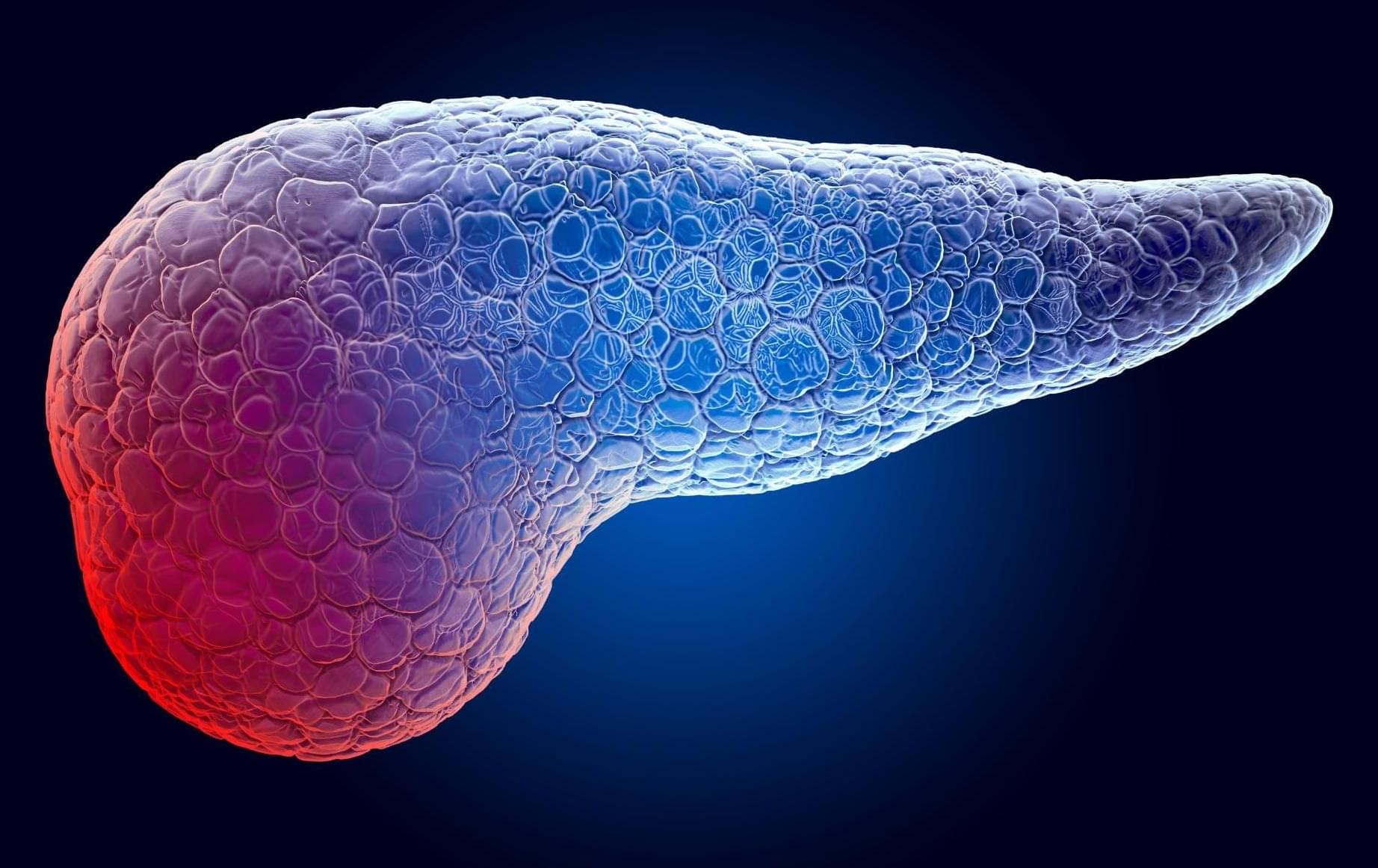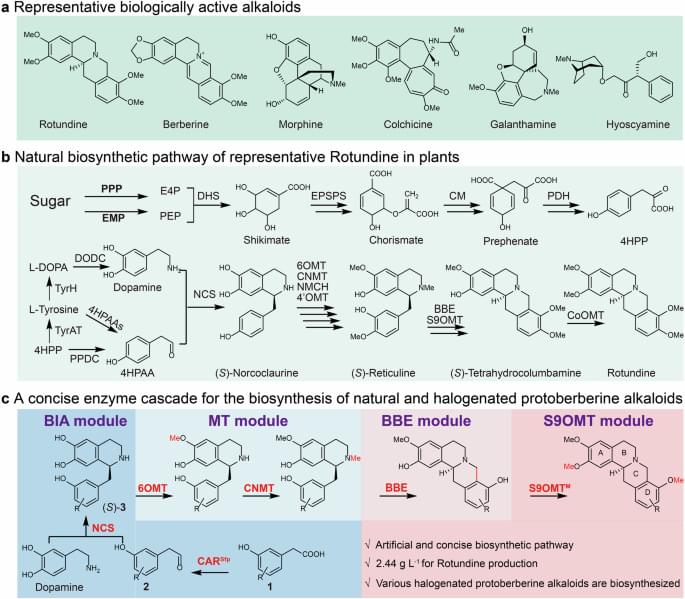Dr. Douglas Colquhoun: “Inhaled anesthetics are a natural area to pursue reductions in emissions because, as greenhouse gases, they are so disproportionately bad for the environment.”
How can greener anesthesia help both patients and the environment? This is what a recent study published in The Lancer Planetary Health hopes to address as a team of researchers at the University of Michigan (U-M) Medical School investigated a multitude of benefits regarding the use of anesthesia free of pollutants and greenhouse gases, which they are traditionally known to contain. This study has the potential to help researchers, medical professionals, legislators, and the public better understand the benefits of providing patients with “greener” anesthesia, along with the environmental benefits, as well.
For the study, the researchers started the Green Anesthesia Initiative (GAIA) in March 2022 to monitor the use of pollutant-free—such as nitrous oxide—anesthesia aged 1 year and older between March 1, 2021, and February 28, 2023. The goal of GAIA was to ascertain patient health and environmental impact resulting from this new anesthetic treatment. In the end, the researchers monitored 45,692 patients (50.8 percent women and 49.2 percent men) before GAIA and 47,199 patients (also 50.8 percent women and 49.2 percent men) after GAIA, with results showing a 14.38 kilograms (31.7 pounds) per patient reduction in carbon dioxide emissions.
“Tens of thousands of people undergo general anesthesia at Michigan Medicine every year,” said Dr. Douglas Colquhoun, who is an assistant professor of anesthesiology at U-M Medical School and lead author of the study. “Inhaled anesthetics are a natural area to pursue reductions in emissions because, as greenhouse gases, they are so disproportionately bad for the environment. We’ve shown that small changes in our practice lead to big changes for the environment and, importantly, no changes for the patients.”







